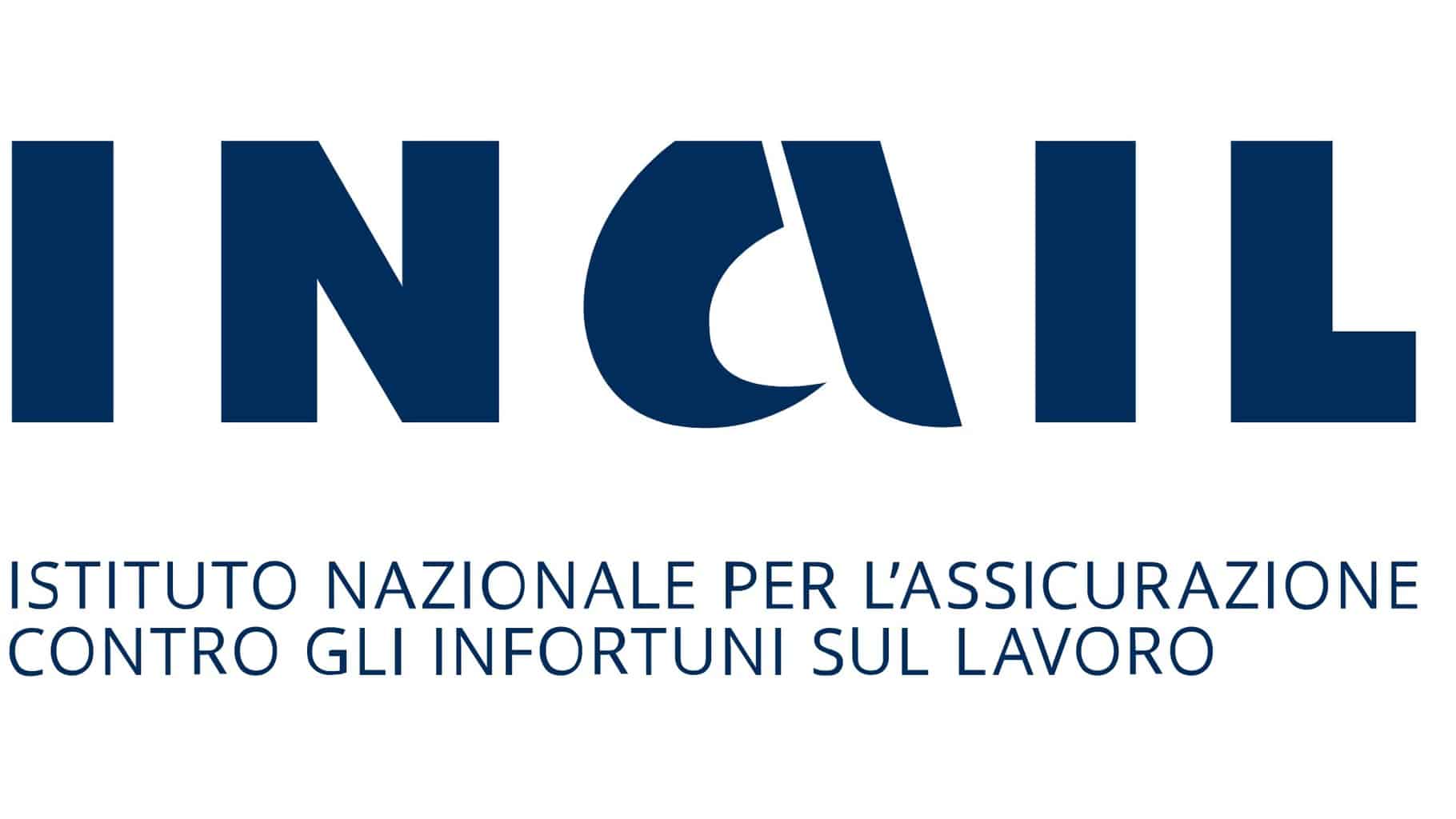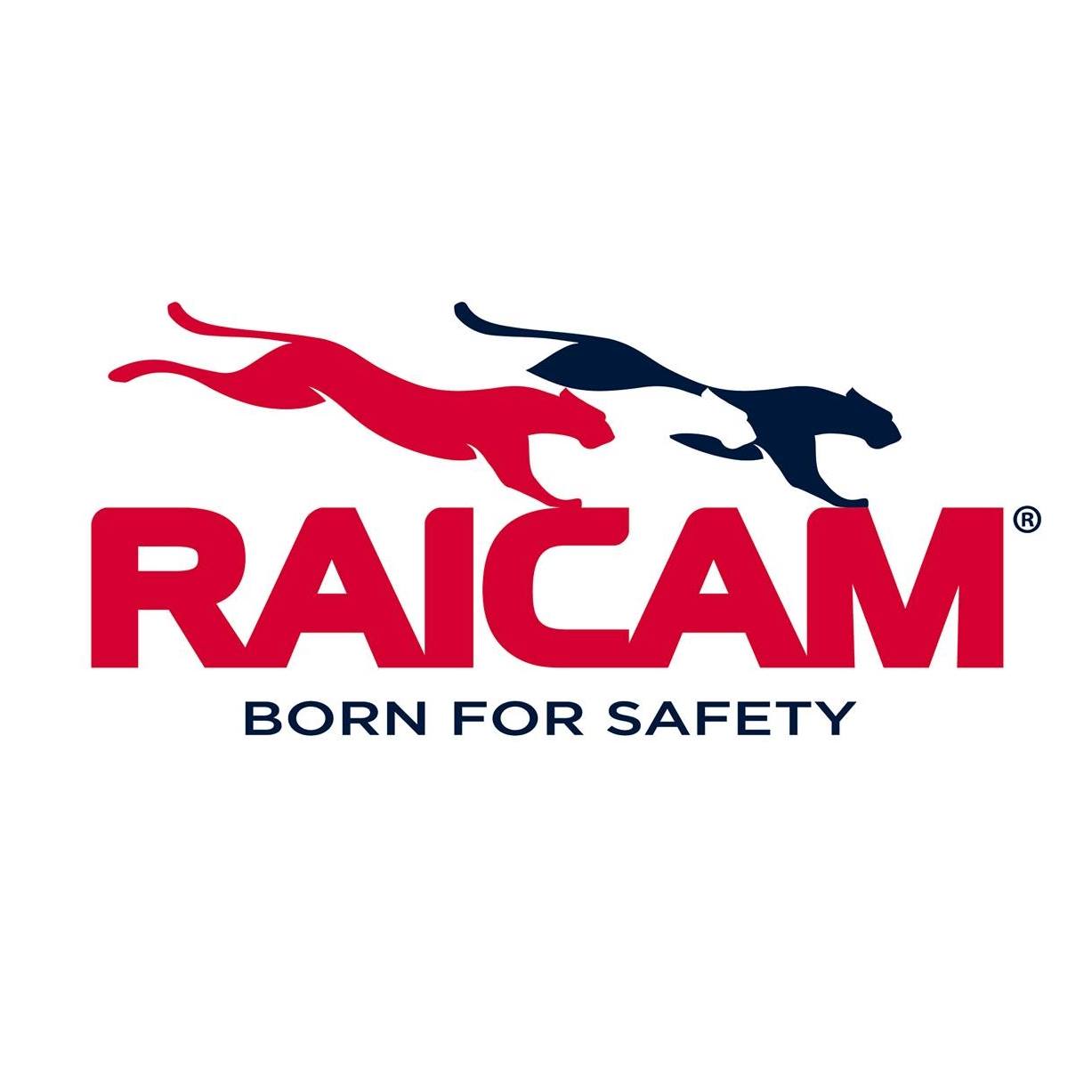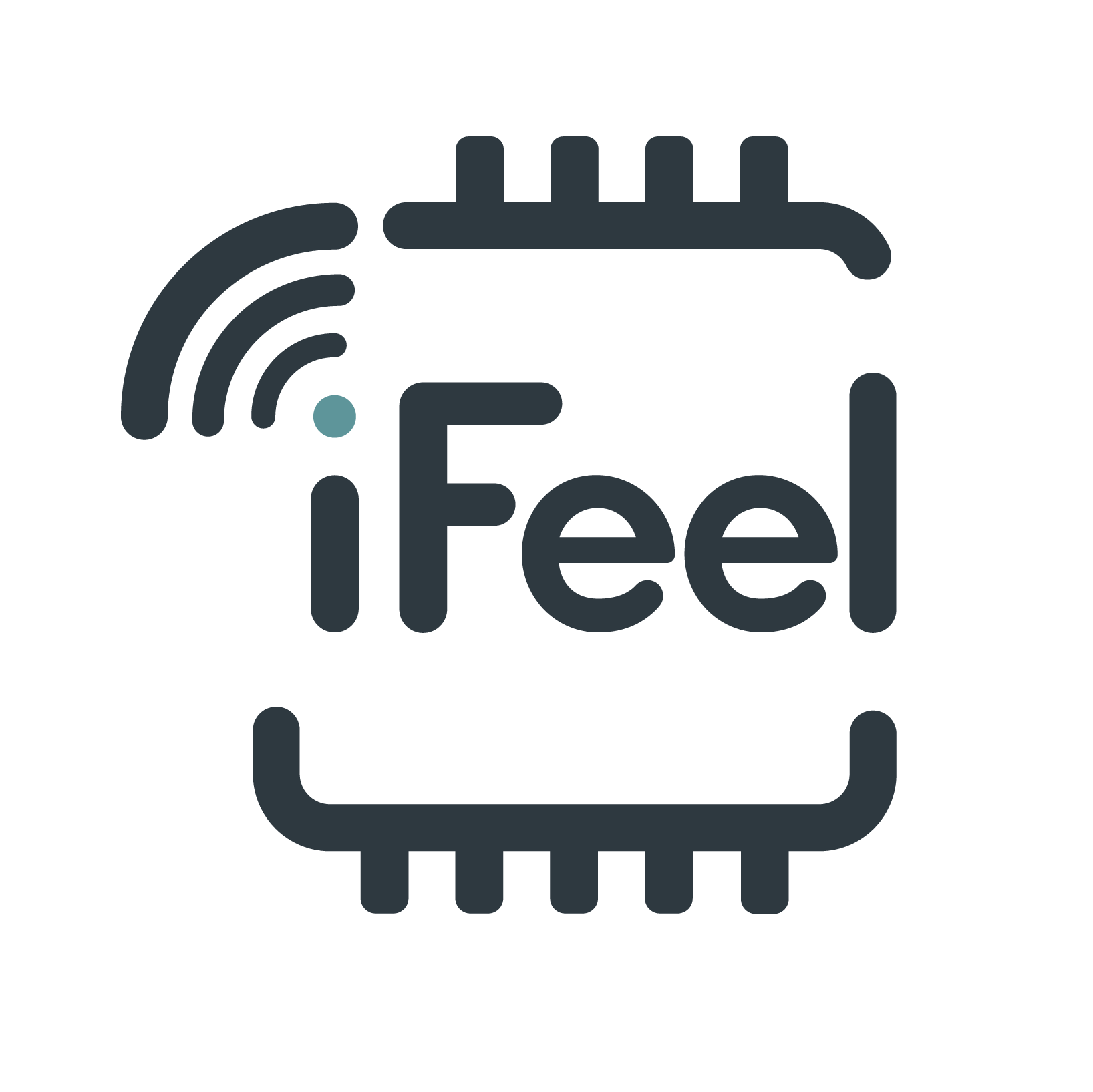
Our joint laboratory with Honda Research Institute Japan (HRI-JP) aims to develop advanced control, perception, and planning algorithms for human-robot collaboration scenarios.
The joint lab keywords that characterize the research we develop are ergonomy, cobots, and human-robot collaboration.
Besides iCub, the conceived algorithms for human-robot collaboration will be tested on the ED-2R and Asimo humanoid robots.

Camozzi Group is a market leader in producing components for pneumatics automation with applications in the life science, health, and textile industries.
As a research line, we are applying our expertise in the modeling, control, and planning of nonlinear systems to the pneumatic field.

The project aims to devise future wearable technologies and humanoid robots to maximize work ergonomy and technological acceptability of future industry and healthcare environments.
Inail is the Italian National Institute for Insurance against Accidents at Work, a public authority that manages compulsory insurance against accidents at work and occupational diseases.

The collaboration aims to adapt the iCub Robot’s Avatar architecture to develop a commercial, human-controlled wheeled Avatar Robot in a simulation environment. We will establish the Avatar simulation infrastructure to ensure seamless component operation. The project will integrate advanced manipulation, voice, and visual interfaces for better human-robot interaction and implement tactile feedback and locomotion controls for precise and realistic movements.

RAICAM is a solutions provider of high-tech friction materials, brake actuators, transmission, and cooling applications for diverse markets.
This joint project aims to adapt the technologies and algorithms developed for humanoid robots to other fields, like sustainable mobility.

The spin-off idea from AMI aims to provide an integrated platform that enables real-time human health monitoring in motion tracking, articular stress monitoring, and fatigue analysis. Based on our extensive and in-depth research analysis, we developed groundbreaking technology.
iFeel will be the next step in life-logging human health monitoring for industrial, rehabilitation, sports, and gaming applications.



